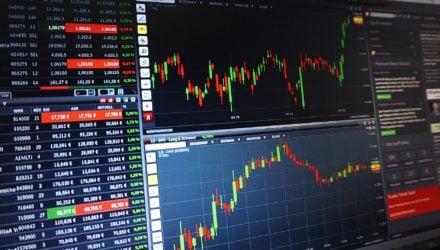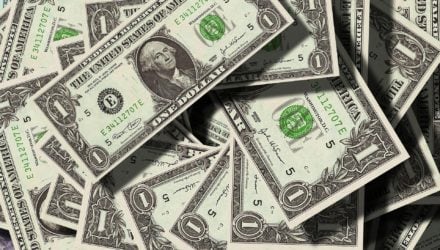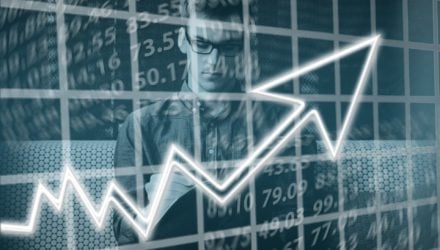Fat Finger
Recent

Elliot Wave Theory in Forex Trading
The Elliot wave theory was developed by an experienced accountant named Ralph Nelson Elliot in the 1930s. After digging through decades of financial data, he discovered that the markets, which were thought to move in a disordered and unpredictable manner, actually didn’t.

The Psychology of Forex Trading
Trading psychology is a critical aspect of achieving success in the forex market. It deals with the emotional condition of a trader when entering and exiting trades, looking for potential trade opportunities, or carrying out other trading-related tasks.

How to Combine Different Types of Forex Analysis
Several methods are available for analyzing the forex market with the intention of identifying profitable trading opportunities. And, combining the different approaches has been proved to be more beneficial in generating profits.

Forex Trading in the United States
Forex trading in the U.S. is not the same as in other countries. Although the forex market is decentralized, traders in the U.S. have more restrictions than those in off-shore countries. The forex trading environment in the U.S. is heavily regulated, and brokers have to adhere to strict guidelines.

Forex Sentiment Analysis
Forex sentiment refers to the overall feeling the market participants have about the performance of a currency pair. It is a useful way of gauging the feeling or tone of the market and then making appropriate trade decisions.
Author Profile

Fat Finger
My name is Phat Fin Ge, but most people just call me Fat Finger or Mr. Finger.
Many years ago, I was a trader on the Hong Kong Stock Exchange. I became so successful that my company moved me to their offices on Wall Street. The bull market was strong, but my trading gains always outperformed market averages, until that fateful day.
On October 28th, 1929, I tried to take some profits after Charles Whitney had propped up the prices of US Steel. I was trying to sell 10,000 shares, but my fat finger pressed an extra key twice. My sell order ended up being for 1,290,000 shares. Before I could tell anyone it was an error, everyone panicked and the whole market starting heading down. The next day was the biggest stock market crash ever. In early 1930, I was banned from trading for 85 years.
I went back to Hong Kong to work at my family's goldfish store. Please come and visit us at Phat Goldfish in Kowloon, only a 3 minute walk from the C2 MTR entrance.
I thought everyone would forget about me and planned to quietly return to trading in 2015. To my horror, any error in quantity or price which cause a problem kept getting blamed on Fat Finger, even when it was a mix up and not an extra key being pressed. For example, an error by a seller on the Tokyo Stock Exchange was to sell 610,000 shares at ¥6 instead of 6 shares at ¥610,000. That had nothing to do with me or with how fat the trader's finger was, but everyone kept yelling, "Fat Finger! Fat Finger!" In 2016, people blamed a fat finger for a 6% drop in the GBP. It really was a combination of many things, none to do with me or anyone else who had a wider than average finger.
Now that I can trade again, I'm finding forex more interesting than stocks. I've been doing some research on trading forex and other instruments and I'll be sharing it here.
If you see any typing errors, you can blame those on my fat finmgert. If you see any strange changes in price, it's not my fault.